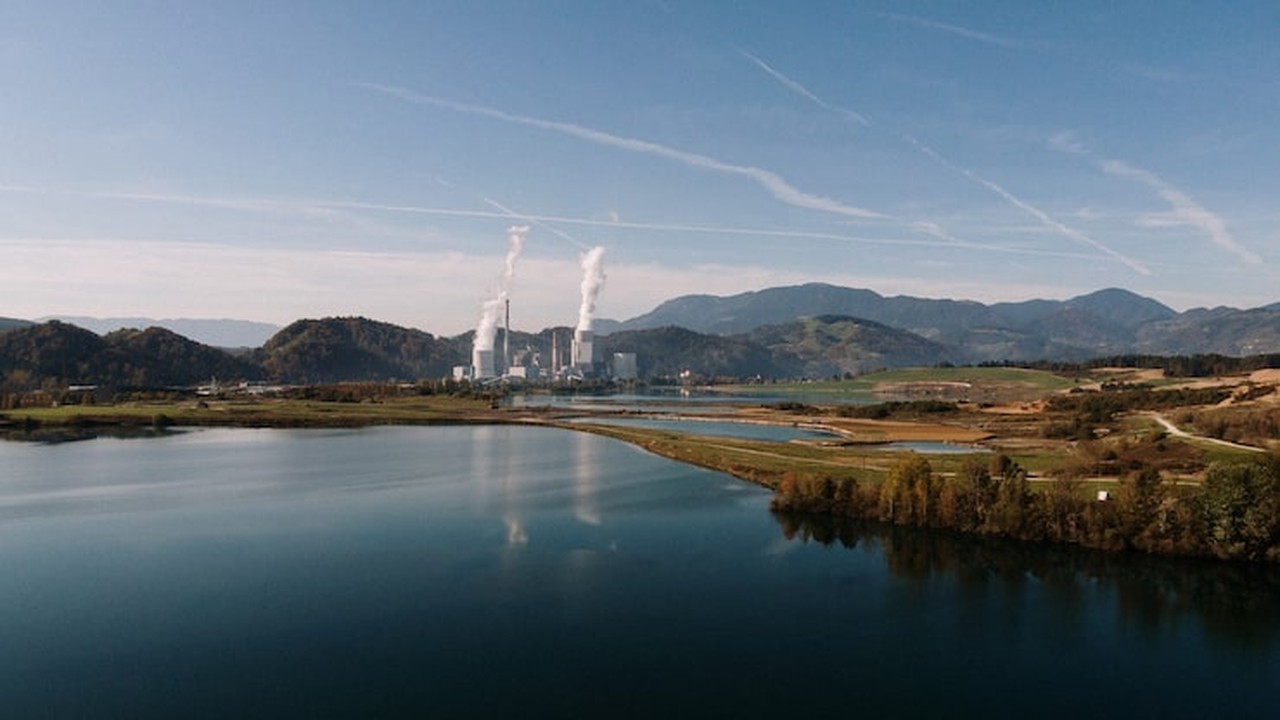 With the push towards sustainability gaining momentum, Saint-Gobain has achieved a remarkable feat at its Beaverton, Michigan facility. By modernizing its chilled water system, the company has slashed nearly 11,000 tons of CO2 emissions and unlocked significant energy savings. This strategic move not only aligns with Saint-Gobain's ambitious goal of achieving net-zero carbon emissions by 2050 but also sets a high standard for sustainable practices in the industry. Through a meticulous engineering analysis and innovative solutions, the Beaverton plant has not only enhanced its operational efficiency but also exemplified a commitment to environmental stewardship.
With the push towards sustainability gaining momentum, Saint-Gobain has achieved a remarkable feat at its Beaverton, Michigan facility. By modernizing its chilled water system, the company has slashed nearly 11,000 tons of CO2 emissions and unlocked significant energy savings. This strategic move not only aligns with Saint-Gobain's ambitious goal of achieving net-zero carbon emissions by 2050 but also sets a high standard for sustainable practices in the industry. Through a meticulous engineering analysis and innovative solutions, the Beaverton plant has not only enhanced its operational efficiency but also exemplified a commitment to environmental stewardship.
Sustainable Practices and Emissions Reduction
Saint-Gobain's recent success in reducing emissions at its Beaverton facility underscores the importance of sustainable practices in achieving environmental goals. By modernizing its chilled water system, the company not only decreased CO2 emissions but also demonstrated a commitment to operational efficiency. This move aligns with the broader industry trend towards sustainability, where companies like Saint-Gobain are setting new benchmarks for environmental stewardship. The significant 20% reduction in CO2 emissions showcases the tangible impact that strategic investments in sustainability can have on both the environment and the bottom line.
Innovation and Technological Advancements
The implementation of two 110-ton chillers, a pump house, and a piping system at the Beaverton plant highlights the role of innovation in driving sustainability initiatives. Saint-Gobain's focus on continuous improvement and efficiency gains through technological advancements not only enhances its operational capabilities but also positions the company as a leader in sustainable manufacturing practices. This strategic approach to leveraging technology for environmental benefits not only boosts the company's reputation but also sets a precedent for other organizations looking to enhance their sustainability efforts through innovation.
Corporate Commitment to Net-Zero Carbon Emissions
Saint-Gobain's ambitious goal of achieving net-zero carbon emissions by 2050 reflects a broader corporate commitment to environmental sustainability. With operations in 80 countries and a workforce of over 161,000 employees, the company's pledge to carbon neutrality signifies a shift towards more responsible business practices. By investing in sustainable solutions and integrating them into its core operations, Saint-Gobain is not only mitigating its environmental impact but also future-proofing its business against regulatory changes and consumer preferences for eco-conscious products and services.
Supply Chain Transparency and Ethical Sourcing
As companies increasingly focus on ESG goals and traceable sourcing, Saint-Gobain's efforts to reduce emissions and enhance sustainability at its Beaverton facility serve as a model for supply chain transparency. By showcasing the importance of ethical sourcing and sustainable practices, the company is not only meeting the demands of conscious consumers but also setting a standard for responsible business conduct. This emphasis on transparency and sustainability in the supply chain not only fosters trust with stakeholders but also drives long-term value creation for the company and the industry at large.
Industry Leadership and Best Practices
Saint-Gobain's leadership in sustainable construction and commitment to making the world a better home positions the company as a beacon of best practices in the industry. By sharing its success stories and initiatives, Saint-Gobain not only inspires other organizations to prioritize sustainability but also catalyzes a broader shift towards greener business operations. As the company continues to innovate and drive positive change within its operations, it sets a high standard for industry peers to emulate, fostering a culture of environmental responsibility and corporate citizenship across the global supply chain.
Conclusion
Saint-Gobain's remarkable achievement at its Beaverton facility not only showcases the power of sustainable practices in reducing emissions and enhancing operational efficiency but also sets a high standard for industry peers. By prioritizing innovation, corporate commitment to net-zero carbon emissions, and transparency in the supply chain, Saint-Gobain exemplifies a holistic approach to environmental stewardship. As the company leads by example, it prompts reflection on the transformative impact of sustainability initiatives and underscores the imperative for businesses to embrace ethical sourcing, transparency, and technological advancements in driving a greener future.